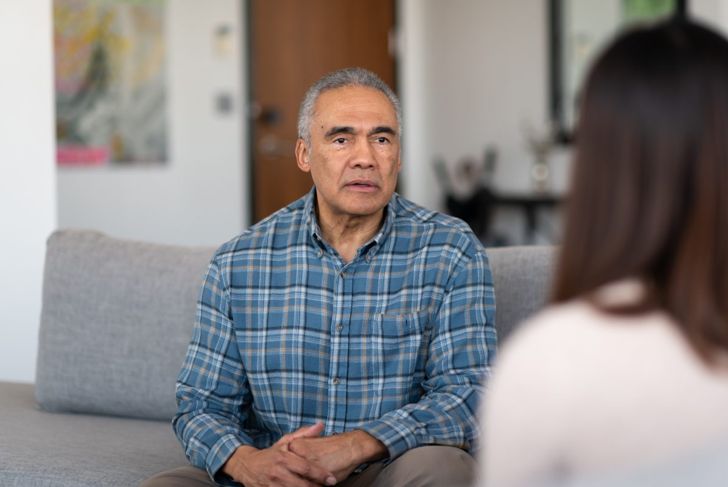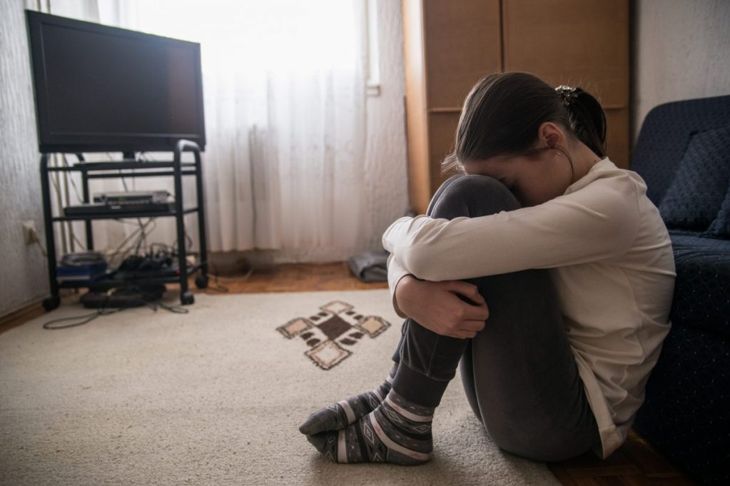For many people, love is an incredible and life-affirming emotion that brings joy to their lives. However, for individuals with philophobia, even the idea of love can give rise to fear and anxiety. Philophobia is the fear of falling in love or emotional attachment. While the medical community does not officially recognize it, philophobia has steadily been gaining recognition within mental health support groups.
Is Philophobia Real?
There is some controversy surrounding philophobia, with many experts not viewing it as a “real” phobia. This is partially because it is a relatively new concept and is difficult to research. Clinically, a phobia is an anxiety disorder that causes excessive and persistent fear in response to a stimulus. While philophobia does not appear in the DSM-5, it may still qualify for two diagnoses that are recognized: social phobia and specific phobia. These terms refer to fears of social situations and specific stimuli, respectively. Regardless of philophobia’s existence within medical research, there is no doubt that some people experience fear and anxiety when thinking about love or emotional closeness.
Similar Issues
Because philophobia only recently entered the public eye, many aspects of the condition remain unknown. In an attempt to better understand the phobia, some people have observed similar conditions, such as anxiety and social disorders, with which philophobia shares multiple symptoms. Experts believe that around 17% of people in the Western world have a fear of intimacy. It is possible that some of these individuals have philophobia but previously lacked the term for their fear. Plus, according to attachment theory, some people may mistakenly believe they have avoidant personalities instead of philophobia.
Symptoms
As with any phobia, those who have philophobia feel excessive or persistent fear when thinking about falling in love, becoming emotionally close to another person, or considering long-term relationship commitments. For some individuals, their phobia may be so strong that they have other physical reactions such as nausea, sweating, or difficulty breathing. In extreme cases, philophobia may even cause panic attacks.
Anticipatory Anxiety
One of the reasons people experience philophobia is an effect known as anticipatory anxiety. Essentially, an individual develops high levels of fear or anxiety when thinking about future events. While not a condition itself, anticipatory anxiety is an incredibly common symptom that many phobias share. It is mentally and emotionally draining and can last indefinitely. Some people with philophobia feel constant anxiety because of their condition.
Risk Factors
While there is a lack of research concerning philophobia, some mental health experts have begun to weigh in with their thoughts. Many of them believe that philophobia is probably most common among individuals with a history of trauma, particularly concerning relationships. For some people, this trauma is an abusive or disloyal partner. It could also [citation href=”https://www.ncbi.nlm.nih.gov/pubmed/25413537″ title=”stem from childhood experience. Children have an innate need for supportive guardians. Depending on how individuals respond to a child’s need for attention, it can create long-term mental health issues.
Complications
Philophobia can have wide-reaching impacts and may make daily life difficult. It is common to imagine relationships or future interactions with other people, especially when meeting them for the first time. In people with philophobia, these frequent thoughts cause anxiety. Because of this, they may go out of their way to isolate themselves socially. If a person who has the phobia does form a relationship with someone, their fear places extreme stress on the connection.
Aggression
In addition to becoming socially reclusive, a person who has philophobia may take either deliberate or subconscious measures to prevent relationships. Often, this manifests as outward aggression or animosity as a reaction to the anxiety they feel, which presents as a flight or fight response. These reactions may also stem from self-hatred or anger at one’s inability to form close relationships.
Diagnosis
Because there is no expert consensus on the existence of philophobia, doctors are not likely to diagnose it in their patients. However, they may use the DSM-5 categories of social or specific phobia to they can provide some level of treatment. Alternatively, mental health experts and counselors may choose to treat philophobia like another relationship-related condition that has more research available. This allows them to treat the symptoms despite not having a full understanding of the condition.
Treatment
There are no official treatments or medications for philophobia, but its similarities to other conditions can help doctors determine how to address it. Counselors may use exposure therapy and slowly teach their patients to manage the fear that develops when thinking of love. Selective serotonin reuptake inhibitors (SSRIs) or beta-blockers could be effective medications for philophobia.
Support Systems
Maintaining a relationship with someone who has philophobia can be difficult for both parties, regardless of whether the individuals are friends, family, or partners. It’s important to remember a few key things when supporting a person with this phobia:
- Philophobia is a serious fear with very real symptoms, and it deserves respect.
- Outbursts, emotional distance, or social reclusiveness may not be indicators of how the person feels.
- Providing support doesn’t necessarily mean being next to them at all moments. It’s okay to allow them some distance while still being available to help.
- Encourage them to seek treatment and help them do so if necessary.

 Home
Home Health
Health Diet & Nutrition
Diet & Nutrition Living Well
Living Well More
More




















